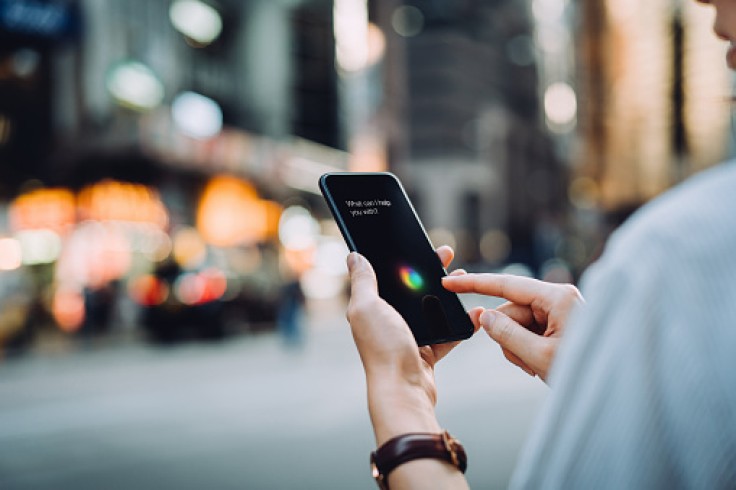AI has been used for a lot of amazing things recently, showing just what it can be capable of. Generative AI, in particular, can recreate people using their likeness. This level of technology was recently used to reconnect people with the ones they lost, but it was received with mixed feelings.

AI-Version of Your Loved Ones
It wasn't surprising that someone would think about recreating a loved one using AI, especially since we have already seen how easy it can be to do that based on deepfakes. It can help with the grieving process for some people, but others feel like the technology can be unsettling.
One of the apps that can do that for you is Hereafter AI, which was introduced in 2019 just two years after StoryFile was released. Both can generate answers like your normal voice assistant, but they can respond to more private questions and provide more personal answers.
StoryFile will create a "high-fidelity" version of a person who has been interviewed in a studio before their death. They will be placed in front of a camera and a laptop as they are questioned by a historian, as reported by The New York Times.
The company's co-founder, Stephen Smith had his mother try the technology out, which allowed him to ask his mother questions even after she passed. StoryFile claims that there are already around 5,000 people who made profiles.
American actor and Emmy winner Ed Asner was among those who created a profile. After his death back in 2021, his profile was sent to his son, Matt Asner, who was more than happy about the results of his father's AI likeness.
"It was unbelievable to me about how I could have this interaction with my father that was relevant and meaningful, and it was his personality. This man that I really missed, my best friend, was there," said the actor's son.
Unfortunately, not everyone has the same experience as Matt Asner. Life Fitness founder Augie also created a profile before he died from ALS. It was then given to his wife, Lynne Nieto, which she watched six months after Augie's passing.
To her, the AI likeless was "a little hard to watch." It reminded her of their Saturday morning conversations but it felt a little too "raw." Hereafter co-founder James Vlahos expressed that people are squeamish about death and loss, as it can force them to face the reality they would rather not engage with.
Black Mirror's 'Be Right Back'
This AI technology is somewhat similar to Netflix's "Black Mirror" episode called "Be Right Back." Starring Hayley Atwell as Martha and Domhall Gleeson as Ash, the former grieves her boyfriend by conversing with an AI version of him.
Although unlike StoryFile and Hereafter AI, the AI version of Ash was created by an AI model studying his public posts. It could then be more personalized if a user sends private conversations between them.
The thing is that this is quite possible now. AI chatbots are trained using publicly available training data, which allows them to answer more general questions. However, if developers were to use more intimate or personal data, they could potentially recreate an AI software clone of a person.









